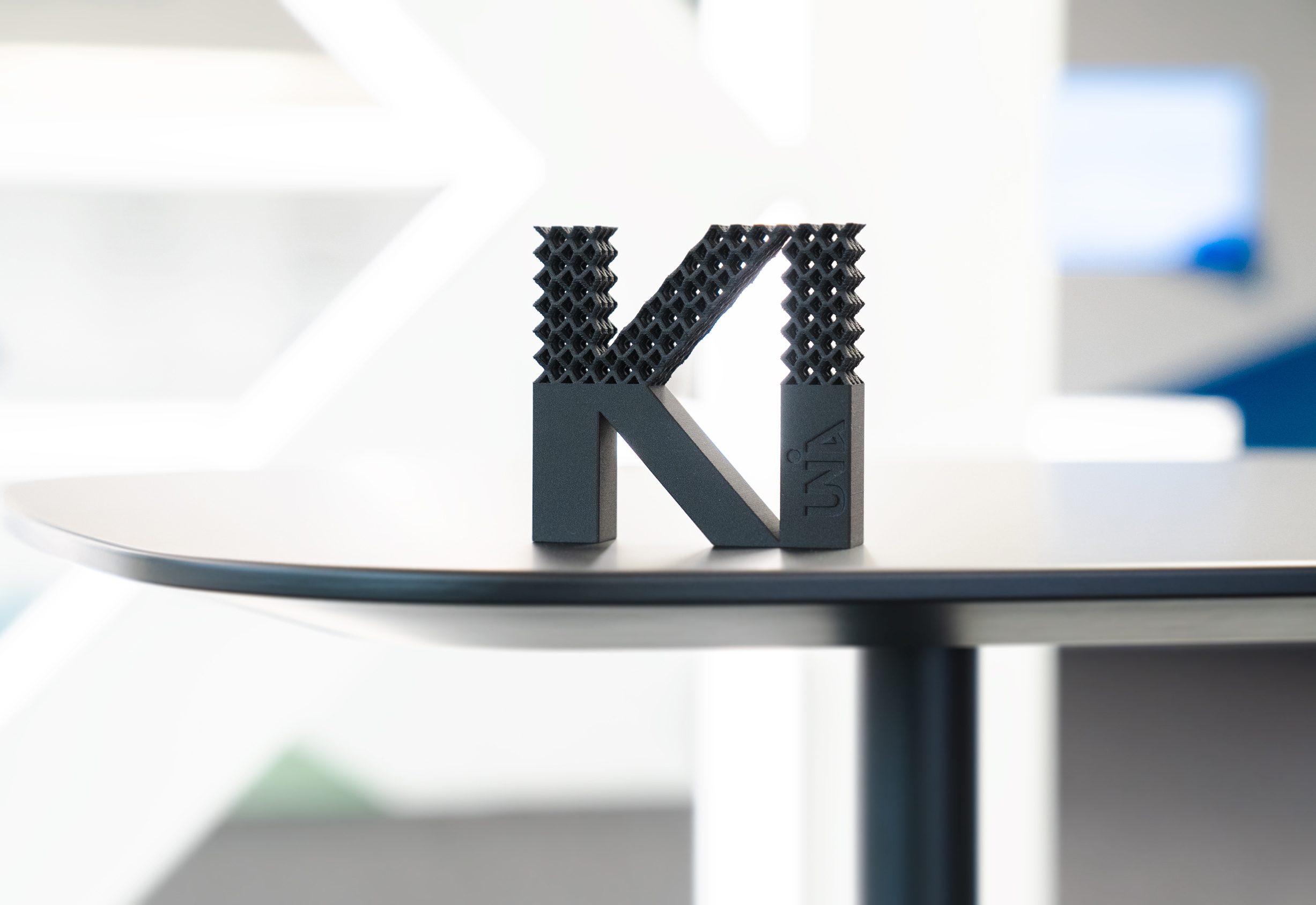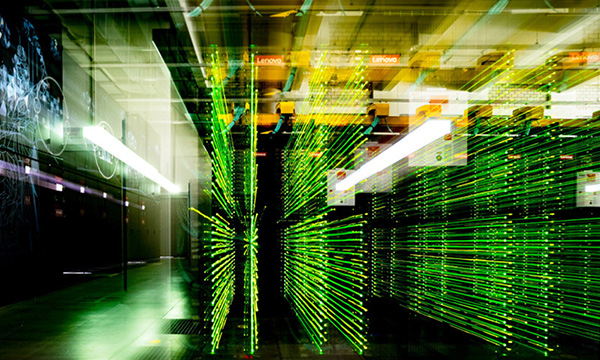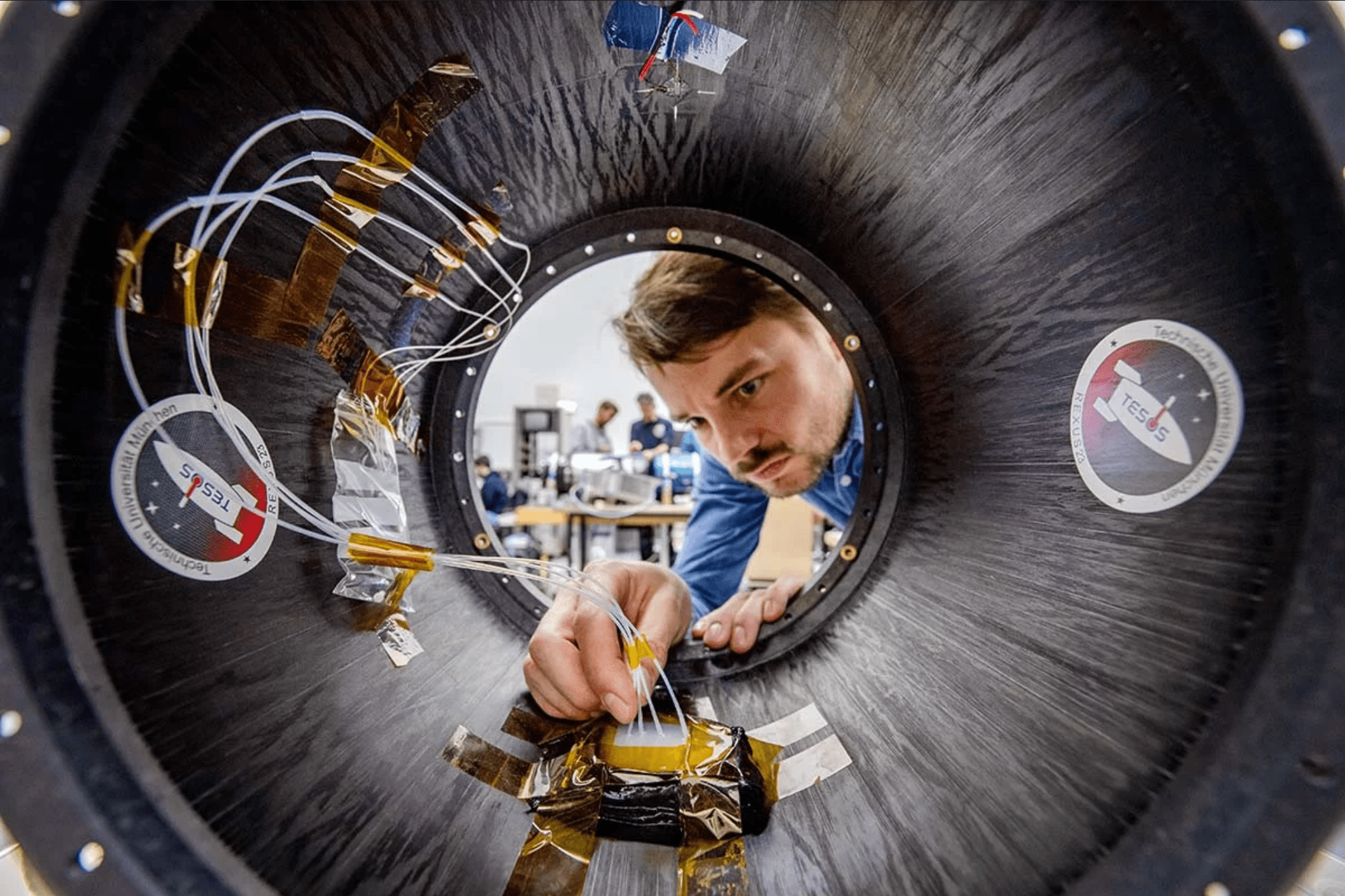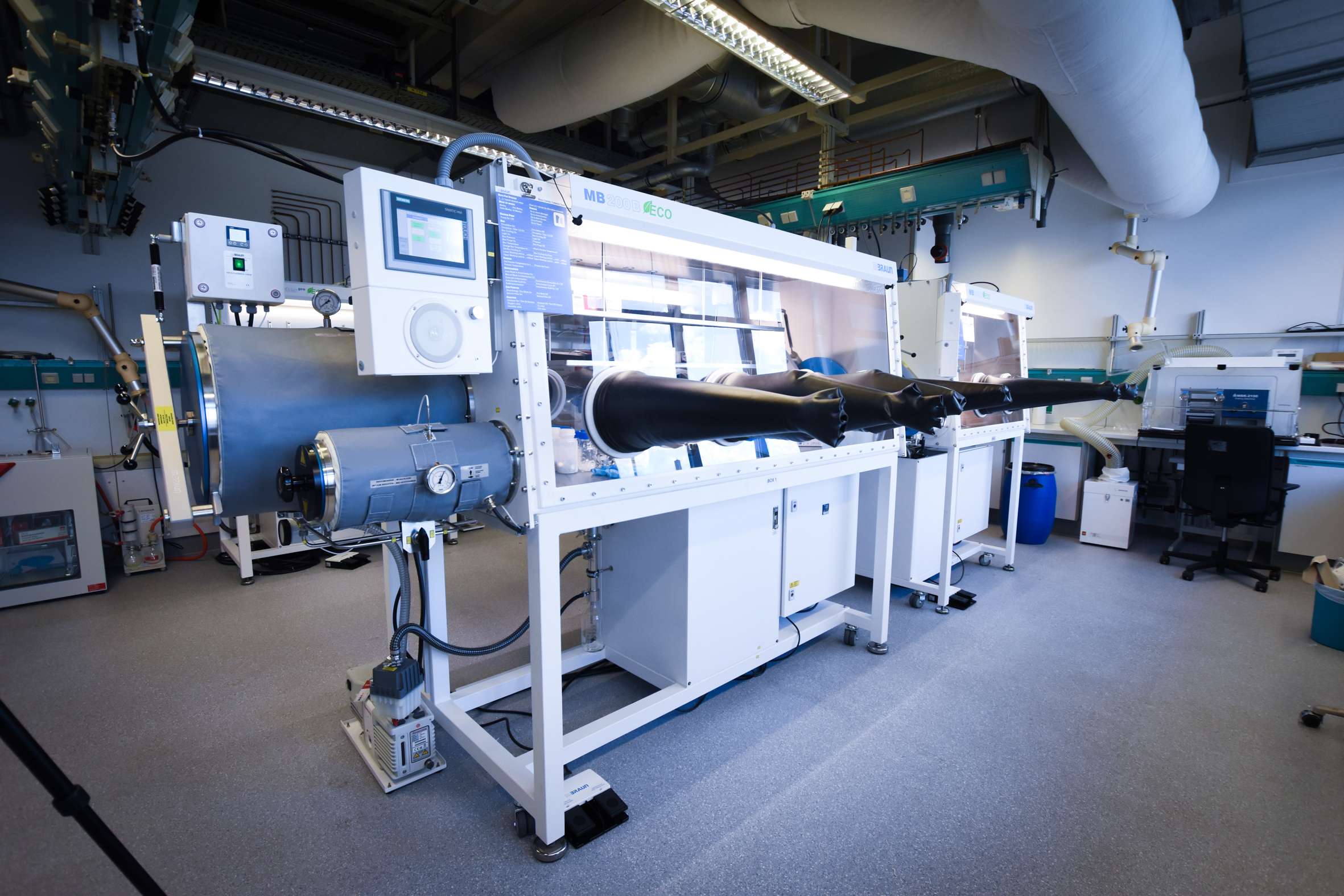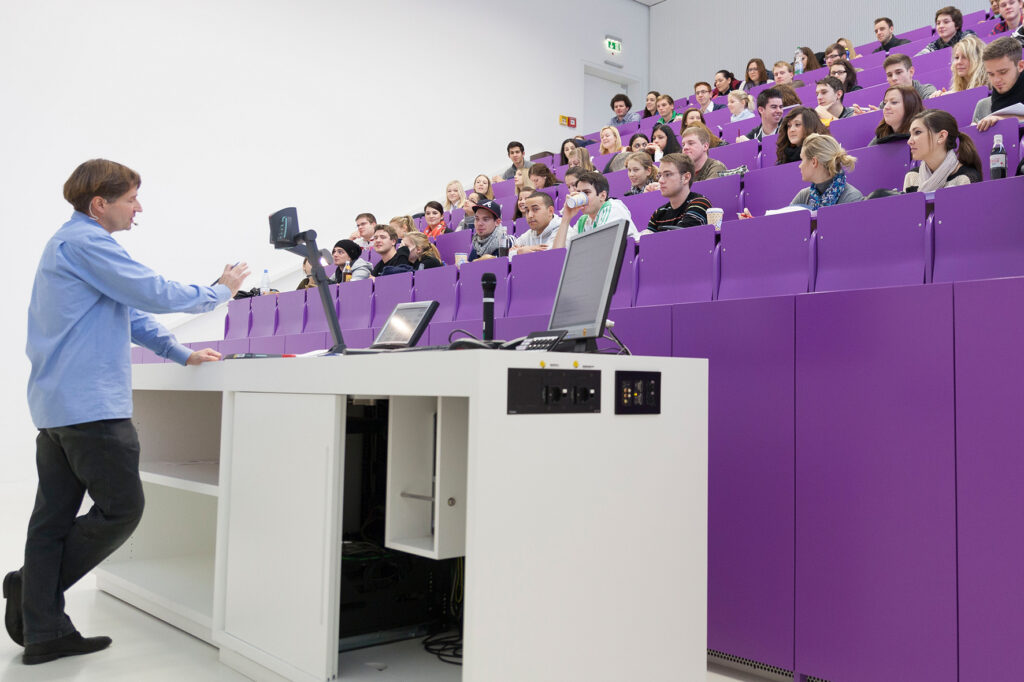The Hightech Agenda Bavaria
Times are rapidly changing. Major challenges in crucial areas such as energy, climate, digitalisation and supply-chain security require bold and creative solutions.
Science, business and society must work collectively to find answers and solutions, so we can make Bavaria – our home – liveable, successful and internationally competitive both now and in the future.
At the forefront of the Hightech Agenda
With this goal in mind, Bavaria has commenced a programme that is one of the most national and internationally ambitious initiatives concerning science, education, research and development.
The Hightech Agenda is unique for German standards, with a planned investment of over 3.5 billion euros. The programme invests in the brightest minds and creates approximately 3800 positions at Bavarian universities and universities of applied sciences, of which at least a thousand new professorships with a focus on Artificial Intelligence, Clean Tech and Aerospace.
In addition, new study places will be created for more than 13.000 students. Through this, the Hightech Agenda seeks to strengthen Bavaria’s position in research and education by promoting the development of new ideas and the latest technologies, both academically and in practical implementation. Small and middle enterprises will be wholeheartedly supported in the digital transformation, so that employment and innovative capacity are secured. Whether it concerns healthcare, hydrogen technology, energy security, climate change, Industry 5.0 or smart living, the Hightech Agenda offers the answers to the major questions of our time.
FIGURES. DATA. FACTS.
The Free State of Bavaria is investing 3.5 billion euros in the futureproofing of our state!
A 1000 new professorships will be created by the Hightech Agenda.
Additional space for 13,000 new students will be created – many of those in AI and Supertech!
98% of all government benefits will be offered digitally.
The Free State of Bavaria is investing 3.1 million euros by 2025 in fiber-optic technology and over 8,400 5G technology extension and expansion measures.
The Free State of Bavaria is investing over 50 million euros in hydrogen stations and in the 300 stakeholders in the newly established Bavarian Hydrogen Alliance!
100 million euros will be contributed towards the development of air mobility and innovative transport solutions.
The Free State supports start-ups by making 250 million euros available for 19 digital entrepreneurial centres across 28 locations.
KEY TECHNOLOGIES FOR THE FUTURE OF BAVARIA
Artificial Intelligence
The use of artificial intelligence – whether noticeable or not – is already a part of our everyday life. Whether in medicine, communications or road traffic: the use of AI will bring about major advancements. Research has been going on in Bavaria for many years now. Meanwhile, an internationally renowned AI ecosystem has emerged, consisting of Bavarian universities and other academic institutes, as well as start-ups and enterprises. Bavaria is thus becoming a premium location for research, development and application of innovative artificial intelligence technology. With over a hundred new AI-related professorships, a state-wide AI network and many production related projects, the Hightech Agenda further strengthens an already promising position in this exciting field. Through an AI centre with a special focus on intelligent robotics in Munich along with the different overarching themes of data science, health and mobility in Würzburg, Erlangen-Nuremberg and Ingolstadt respectively, the foundation of a state-wide research network is being created.
Supercomputing and Quantumcomputing
Quantum technology is proving to be one of the most fascinating and promising areas in modern technology. It has for instance already provided us with our modern-day GPS and navigation systems. Bavaria has made rigorous plans to develop quantum computers in the coming years. With Munich as the centre of the Munich Quantum Valley initiative, the Free State is to become a hub for research and development in quantum technologies. Bavaria is also ahead of the game in the field of high-performance computers. With its so-called “IT cathedral”, the Leibniz Computing Centre in Garching near Munich, Bavaria is at the very top of the supercomputer rankings worldwide.
LRZ: Leibniz-Rechenzentrum der Bayerischen Akademie der Wissenschaften
Aerospace is considered a key technology for Bavaria and will receive a significant boost through the Hightech Agenda. The epicentre of this development is the Department for Aerospace and Geodesy at the Technical University of Munich (TUM), which is already prominent in the international academic community. Here, ground-breaking research is taking place in the fields of remote sensing, satellite technologies and space travel, as well transportation applications such as so-called air taxis and Hyperloop technologies.
CleanTech
Through the Hightech Agenda, Bavaria is paving the way for innovative climate protection. Whether synthetic fuels, modern battery research or hydrogen: clean technologies are the Bavarian energy sources of the future.
Investments are being made in a cutting-edge battery network at the Bayreuth, Munich, Augsburg and Würzburg locations. The Bavarian Battery Centre at the University of Bayreuth bundles interdisciplinary research and development for battery storage and offers innovative battery-focused master degree programmes. In Munich, the Technical University (TUM) and BMW are conducting research in the field of material analysis and solid-state technology. The Fraunhofer Institute in Augsburg focuses its research on production and automation technology, while the Fraunhofer Institute in Würzburg is working on the development of new materials, manufacturing processes and recycling. The aim is to develop a new generation of climate-friendly and more powerful batteries for electromobility.
Furthermore, the Bavarian hydrogen strategy is currently gaining pace. The newly established hydrogen centre in Nuremberg seeks to link hydrogen technology between universities and industry to create over 50 hydrogen filling stations throughout Bavaria in the coming years. To further this goal, we are developing the “Synthetic Fuels” research centre in Straubing into a national centre, adding four new professorships to the campus and plans to install a new power-to-liquid plant in the medium term. Moreover, synthetic aviation fuels are being developed there as substitutes for kerosene. All in all, these unique are state-of-the-art, both in Germany as the rest of Europe.
THE REAL SUCCESS STORIES
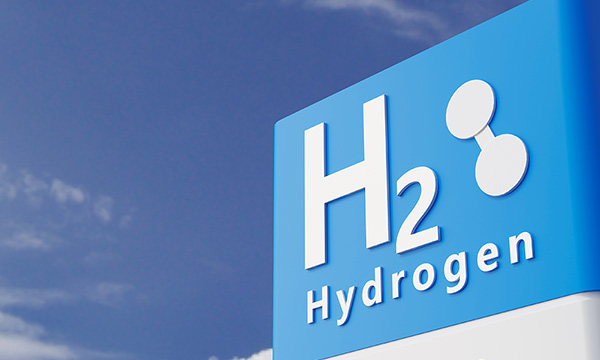
Bavaria is speeding up the expansion of regional hydrogen production.
Bavaria is investing heavily in the hydrogen future / funding programs for regional hydrogen production, industrial projects and infrastructure / technological leadership and climate protection sought.
Bavaria is speeding up the expansion of regional hydrogen production. To this end, the Council of Ministers today commissioned the design of a new funding program: From 2023, the construction of up to 50 electrolysis plants, each with a minimum output of one megawatt, is to be subsidized with a total of 150 million euros. For an optimal integration of the electrolysers into the energy system, the creation of energy concepts in companies and municipalities is also supported from the funding pot. Through green hydrogen production with short transport routes, the Free State can cover its increasing hydrogen demand and at the same time reduce its dependence on energy imports. In addition, Bavaria demonstrates technological competence and in this way creates competitive and locational advantages for its economy.
The Council of Ministers also gave the go-ahead for Bavaria’s participation in subsidizing large-scale industrial hydrogen projects. Together with the federal government, Bavaria wants to promote projects that map the entire value chain in the field of hydrogen – from generation to transport to use. Funding is provided within the framework of so-called “Important Projects of Common European Interest” (IPCEI). The EU Commission declared in the summer that the funding is compatible with the strict EU rules for business subsidies.
In the next step, the state government will regulate the financing modalities in an administrative agreement with the federal government. The companies can then submit binding applications for funding.
In addition, the Council of Ministers gave the green light to strengthen existing funding programs for hydrogen filling stations and publicly accessible e-charging points. For this purpose, 30 million euros are to be made available in the 2023 budget, subject to the approval of the state parliament. With today’s decisions, the state government is taking further steps towards climate neutrality and strengthening Bavaria’s pioneering role in the field of hydrogen.

Bavaria is speeding up the expansion of regional hydrogen production.
Bavaria is investing heavily in the hydrogen future / funding programs for regional hydrogen production, industrial projects and infrastructure / technological leadership and climate protection sought.
Bavaria is speeding up the expansion of regional hydrogen production. To this end, the Council of Ministers today commissioned the design of a new funding program: From 2023, the construction of up to 50 electrolysis plants, each with a minimum output of one megawatt, is to be subsidized with a total of 150 million euros. For an optimal integration of the electrolysers into the energy system, the creation of energy concepts in companies and municipalities is also supported from the funding pot. Through green hydrogen production with short transport routes, the Free State can cover its increasing hydrogen demand and at the same time reduce its dependence on energy imports. In addition, Bavaria demonstrates technological competence and in this way creates competitive and locational advantages for its economy.
The Council of Ministers also gave the go-ahead for Bavaria’s participation in subsidizing large-scale industrial hydrogen projects. Together with the federal government, Bavaria wants to promote projects that map the entire value chain in the field of hydrogen – from generation to transport to use. Funding is provided within the framework of so-called “Important Projects of Common European Interest” (IPCEI). The EU Commission declared in the summer that the funding is compatible with the strict EU rules for business subsidies.
In the next step, the state government will regulate the financing modalities in an administrative agreement with the federal government. The companies can then submit binding applications for funding.
In addition, the Council of Ministers gave the green light to strengthen existing funding programs for hydrogen filling stations and publicly accessible e-charging points. For this purpose, 30 million euros are to be made available in the 2023 budget, subject to the approval of the state parliament. With today’s decisions, the state government is taking further steps towards climate neutrality and strengthening Bavaria’s pioneering role in the field of hydrogen.

Bavaria is speeding up the expansion of regional hydrogen production.
Bavaria is investing heavily in the hydrogen future / funding programs for regional hydrogen production, industrial projects and infrastructure / technological leadership and climate protection sought.
Bavaria is speeding up the expansion of regional hydrogen production. To this end, the Council of Ministers today commissioned the design of a new funding program: From 2023, the construction of up to 50 electrolysis plants, each with a minimum output of one megawatt, is to be subsidized with a total of 150 million euros. For an optimal integration of the electrolysers into the energy system, the creation of energy concepts in companies and municipalities is also supported from the funding pot. Through green hydrogen production with short transport routes, the Free State can cover its increasing hydrogen demand and at the same time reduce its dependence on energy imports. In addition, Bavaria demonstrates technological competence and in this way creates competitive and locational advantages for its economy.
The Council of Ministers also gave the go-ahead for Bavaria’s participation in subsidizing large-scale industrial hydrogen projects. Together with the federal government, Bavaria wants to promote projects that map the entire value chain in the field of hydrogen – from generation to transport to use. Funding is provided within the framework of so-called “Important Projects of Common European Interest” (IPCEI). The EU Commission declared in the summer that the funding is compatible with the strict EU rules for business subsidies.
In the next step, the state government will regulate the financing modalities in an administrative agreement with the federal government. The companies can then submit binding applications for funding.
In addition, the Council of Ministers gave the green light to strengthen existing funding programs for hydrogen filling stations and publicly accessible e-charging points. For this purpose, 30 million euros are to be made available in the 2023 budget, subject to the approval of the state parliament. With today’s decisions, the state government is taking further steps towards climate neutrality and strengthening Bavaria’s pioneering role in the field of hydrogen.
BOOSTING RESEARCH-BASED TEACHING
Our universities train the specialists of tomorrow. With the Hightech Agenda, we seek to strengthen the range of courses offered regarding important future topics. Newly created permanent positions, in particular a thousand additional professorships, further improve the quality of teaching, increase the student-teacher ratio and introduce the latest scientific findings and new perspectives into study programmes. More teaching staff gives universities more flexibility in developing new teaching formats containing contemporary research and practical relevance. In this manner, the High-Tech Agenda combines cutting-edge research with a significant improvement in the quality of education and opens up new perspectives in Bavaria for young scientists.
AGILITY, EXCELLENCE AND INNOVATION: GERMANY’S MOST MODERN HIGHER EDUCATION ACT
The new Higher Education Innovation Act forms an essential building block of the Hightech Agenda Bavaria. It seeks to make the scientific and academic landscape of the Free State of Bavaria impactful and powerful in all important fields, both nationally as internationally. Under the motto of agility, excellence and innovation, Bavaria seeks to reform the higher education system.
In the future, universities will be even more capable of achieving their full potential, playing a crucial role as the centre of societal progression. The reform enables them to further expand their existing excellence in science and the arts, to fulfil their educational commitment in a contemporary manner and, through innovation and technology transfer, to meet societal needs in social, cultural, ecological and economic terms.



